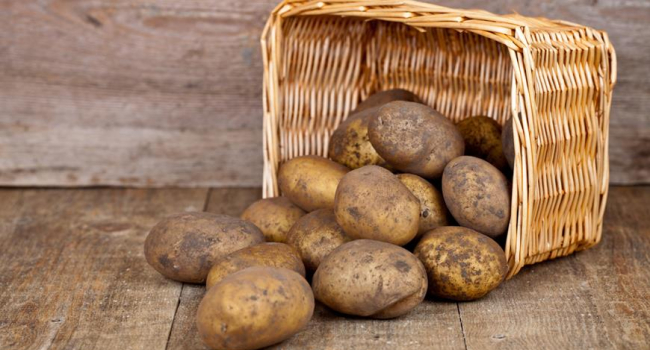Promising compounds for cancer treatment have been found in potatoes. The results of a study by Polish experts from Adam Mickiewicz University were published in the journal Frontiers in Pharmacology.
Scientists analyzed the bioactive composition of potatoes and tomatoes. They found substances called glycoalkaloids, such as solanine, chaconine, solasonine, solamargin and tomatin, in crude plant extracts from the nightshade family. Many plants in this family are toxic because of their alkaloids, which can be used to kill diseases.
Glycoalkaloids, for example, can inhibit growth and destroy cancer cells. Tests have shown that these compounds are harmless to humans and do not damage DNA, although they may have some effects on the reproductive system. Solanine has been shown to prevent certain substances from transforming into carcinogens and has also suppressed the spread of metastases and certain types of leukemia cells.
Chaconin has been shown to be effective against inflammation and could potentially treat sepsis. In addition, solamargin, which is mainly found in eggplant, stops liver cancer cells from multiplying. Solamargin is one of several glycoalkaloids that may be crucial as a complementary therapy because it affects cancer stem cells, which are thought to play an important role in cancer drug resistance. Tomatin, on the other hand, supports cell cycle regulation in the body, which allows it to destroy tumor cells.
The team emphasizes that further research is needed to determine how the potential of these compounds can best be used in practical medicine.


